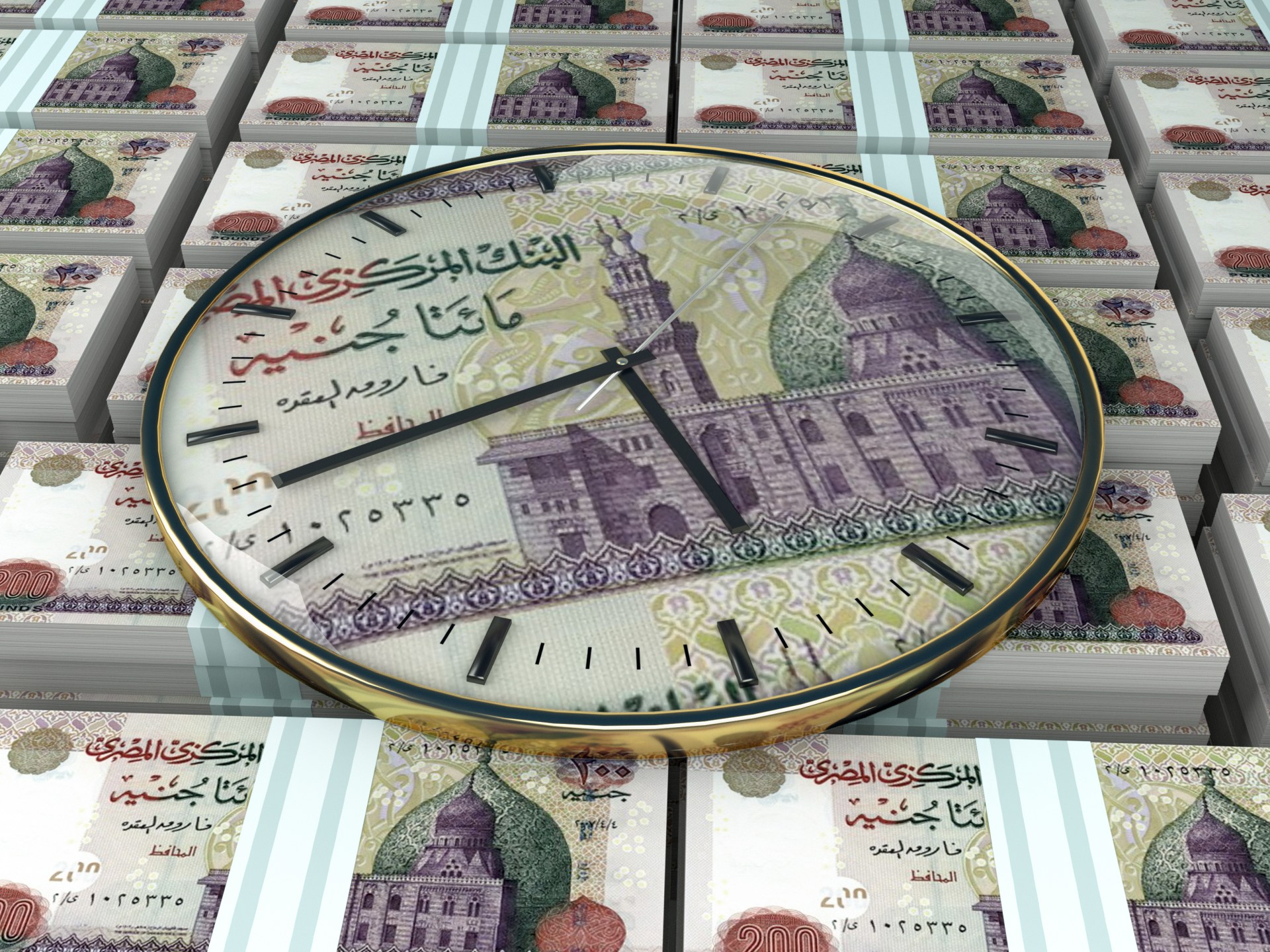CAIRO — Egyptian Prime Minister Mostafa Madbouly's announcement to raise about $2 billion from the government's privatization program before the end of June will expire in the next few days, without announcing the value of what has been sold so far.
The Egyptian government is counting on the success of the "government privatization" program within the framework of the state ownership policy document, in order to open horizons for foreign investments, according to statements by Egyptian Finance Minister Mohamed Maait, in mid-May, noting that it is targeted for $ 2 billion before the end of the current fiscal year.
Egypt sold a stake in state-owned Telecom Egypt last month worth EGP 3.747 billion ($121 million) by offering a 10% stake to investors on the local stock exchange.
In another deal, described by local websites as the first in the government's privatization program, Banque Misr (governmental) last month also sold its entire stake in the Paints and Chemical Industries Company (Pachin) to an Emirati company in a deal worth 771 million pounds ($25 million).
The Egyptian government has not disclosed any other deals, or the total sold so far out of the target amount of about two billion dollars from the government privatization program before the end of June, despite the sovereign wealth fund's mandate to negotiate with investors to implement the privatization program.
Tomouh Program
Last February, Egypt announced its intention to offer 32 state-owned companies over the course of a year, to strategic investors or for public subscription on the Egyptian stock exchange, or both, to provide foreign exchange.
The Egyptian Prime Minister revealed at the time that the ambitious privatization program will start in the first quarter of this year until the end of the first quarter of next year, and the completion of at least 25% of the offerings during the first 6 months of the program.
The privatization program is part of a state ownership policy document, which aims to double the role of the private sector in the economy, attract $40 billion from the sale of state stakes in certain assets by 2026 to strategic investors, and expand public-private partnerships.
The sale covers 18 sectors and economic activities, including stakes in 3 prominent banks: Banque du Caire, The United Bank and Arab African International Bank, as well as insurance, electricity, energy, hotels, industrial and agricultural companies.
Asset sale defaults
For his part, Egyptian economics professor and businessman Mahmoud Wahba believes that Egypt did not resort to the idea of selling state-owned assets until it became unable to access foreign debt markets, and the reluctance of foreign investors to invest after the Russian-Ukrainian war and the exit of capital at an accelerated pace.
Speaking to Al Jazeera Net, Wahba stressed that the sale of assets is faltering for reasons related to the difficult situation of the Egyptian economy, and warned investors against entering into a foggy economic environment, especially regarding the status of the value of the Egyptian pound.
A very difficult task
Egypt faces a very difficult task to raise the liquidity required to pay its foreign debt bill after external borrowing rose fourfold in the past eight years, due to financing the construction of the new capital, infrastructure projects and the purchase of weapons.
Gulf states have pledged billions of dollars in investments by buying stakes in those companies planned by Egypt's sovereign wealth fund to support Egypt's economy and ease pressure on the local currency, which is under heavy pressure.
Pound value hampers foreign investment
Former Undersecretary of Economy Abdel Nabi Abdel Muttalib believes that the Egyptian government has not yet implemented the privatization program as it expected several months ago, due to the failure of most negotiations with Gulf partners.
Abdul Muttalib attributed the faltering sales so far to the desire of investors to be able to predict the exchange rate of the pound against the dollar, and their fear of the scarcity of the dollar in Egypt, and then the existence of difficulties in transferring their profits, which led to Egypt's inability to collect $ 2 billion from the privatization program so far.
The Central Bank of Egypt has pledged that the local currency will be more flexible, but the Egyptian pound has not moved against the dollar for three months in local banks and has remained at around 3.30 pounds to the dollar, while it trades on the black market at around 9 pounds to the dollar.
The economist did not rule out that the Egyptian government will try to accelerate the pace of sale in the remainder of June by agreeing to sell shares of some assets, whether companies or banks, with the aim of a report from the IMF confirming Egypt's commitment to a large part of its pledges to give a message of reassurance to investors.

